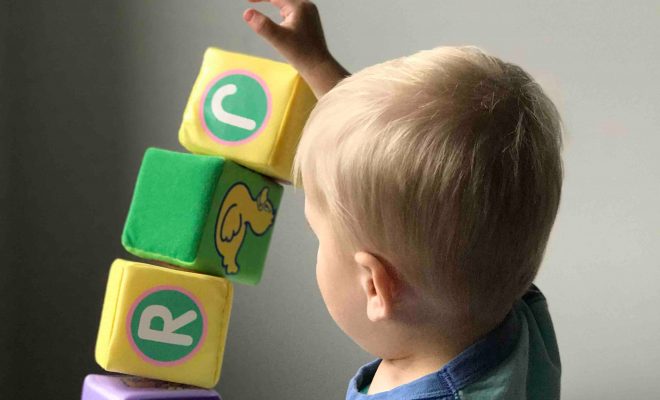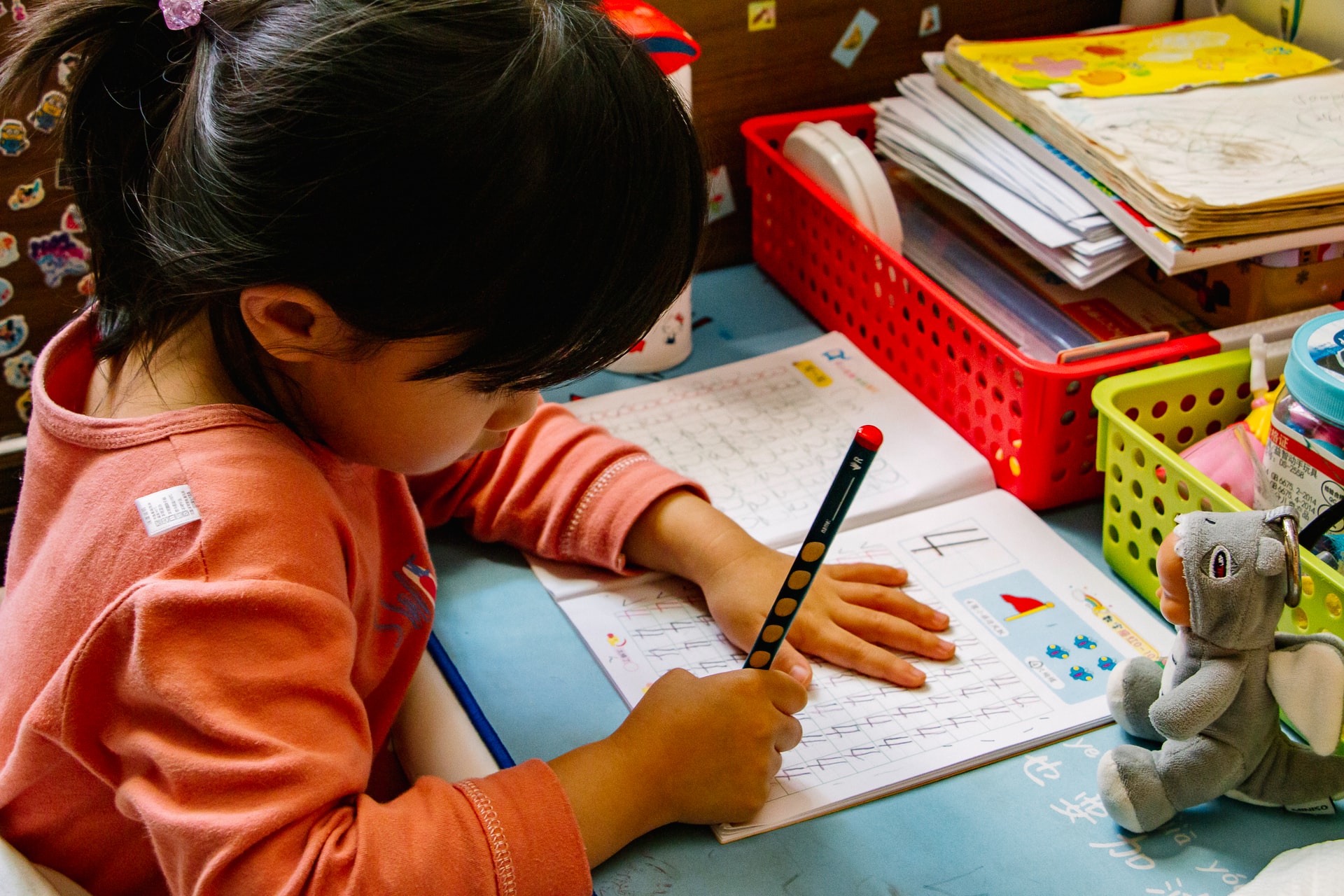Resolving an IEP Dispute: Everything You Need to Know

Do you have a disagreement with your child’s school over an Individualized Education Program (IEP) that you’re unsure how to resolve? You may be unaware that there are several possibilities for resolving this problem.
Whatever the issue is, whether it is the kind of IEP or your child’s placement, the Individuals with Disabilities Education Act (IDEA) offers you several choices for resolving it. Continue reading to find out more.
- Conciliation
If you are dissatisfied with the IEP process, you have the option of requesting Conciliation. Conciliation is both free and confidential. The procedure requires you to meet down with a school official and a mediator (a neutral third party) to figure out a solution.
The decision is not made by the mediator. Instead, they assist the school, and you reach a common decision. Whatever decision you reach via mediation is legally binding.
- Bargaining
Perhaps your child’s IEP calls for physical and occupational treatment once a week. You observe, however, that the school has not offered this therapy in some weeks.
In this scenario, you can convene an IEP meeting to discuss how to resolve the issue. You, your child’s teacher, a school representative, and the school’s special education educators would all be present at the meeting.
- Hearing on Due Process
Filing a complaint is the first step in starting a due process hearing. You can, however, only make a complaint if the school has violated the IDEA. Following the filing of the complaint, a legal hearing will be held.
Because due process hearings entail legal processes, we recommend that you consult with a special education advocate before submitting a complaint.
- Legal action
If the due process hearing does not conclude in your favor, you have 90 days to initiate a lawsuit in state or federal court. This will necessitate the services of a lawyer.
- Complaint from the State
If you believe your child’s school is breaching the IDEA, you can submit a state complaint. If other parents have observed the same thing and their children are also suffering, you can assemble them and make a complaint. Following the filing of the complaint, the school will conduct an investigation and reach a decision.
Finally, consider the following:
Your child has the same right to a good education as any other child, therefore if you have an IEP disagreement with the school, you must attempt to work it out. The ideal case is to get down with the school and negotiate or mediate the IEP conflict.
However, if you have no other alternatives except to employ legal processes and litigation, you must do so since these options are accessible for you to use effectively.






